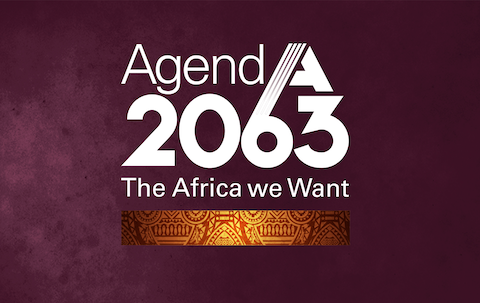
Culture and arts education, as defined by UNESCO, involves the
teaching and learning processes that enhance the development of
cultural knowledge, creativity, and artistic skills. It plays a crucial role
in promoting social cohesion, identity, and sustainable development.
In Tanzania, arts and culture education remains an essential tool for
preserving the country’s rich cultural heritage while promoting
creativity, innovation, and economic growth in the creative industries.
This policy brief, serves as the second phase of the Sanaa Rights
Project, initiated by Culture and Development East Africa (CDEA) and
funded by the Royal Norwegian Embassy in Dar es Salaam. It builds on
the findings of a comprehensive mapping study conducted by CDEA in
2023, which assessed the current status of artists and cultural
practitioners in Tanzania in areas such as Education and training, Access
to financing, Social needs and labor conditions.
The brief addresses the gaps identified in the study, particularly in
education and training opportunities for artists and cultural
practitioners. It outlines strategies to enhance both formal and informal
educational pathways and to ensure that Tanzanian artists and cultural
practitioners are equipped with the necessary skills and knowledge to
thrive in the local and global markets.



The Citizen Engagement Platform CEP main objective is to ensure participation of African citizens in policymaking processes through the provision of access to information as well as facilitating opportunities for interaction, exchanges and ultimately co-creation of solutions and ideas with policymakers through digital and non-digital approaches towards the attainment of Agenda 2063.
cep@nepad.org
Receive agenda 2063 updates